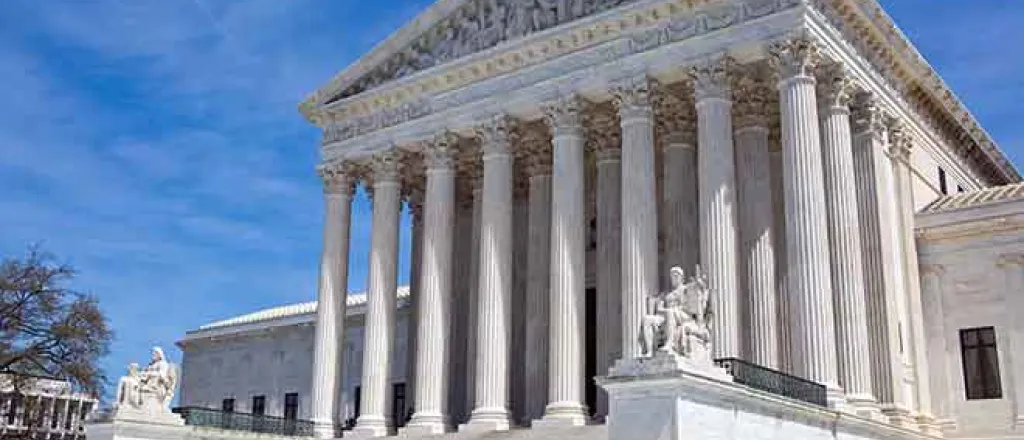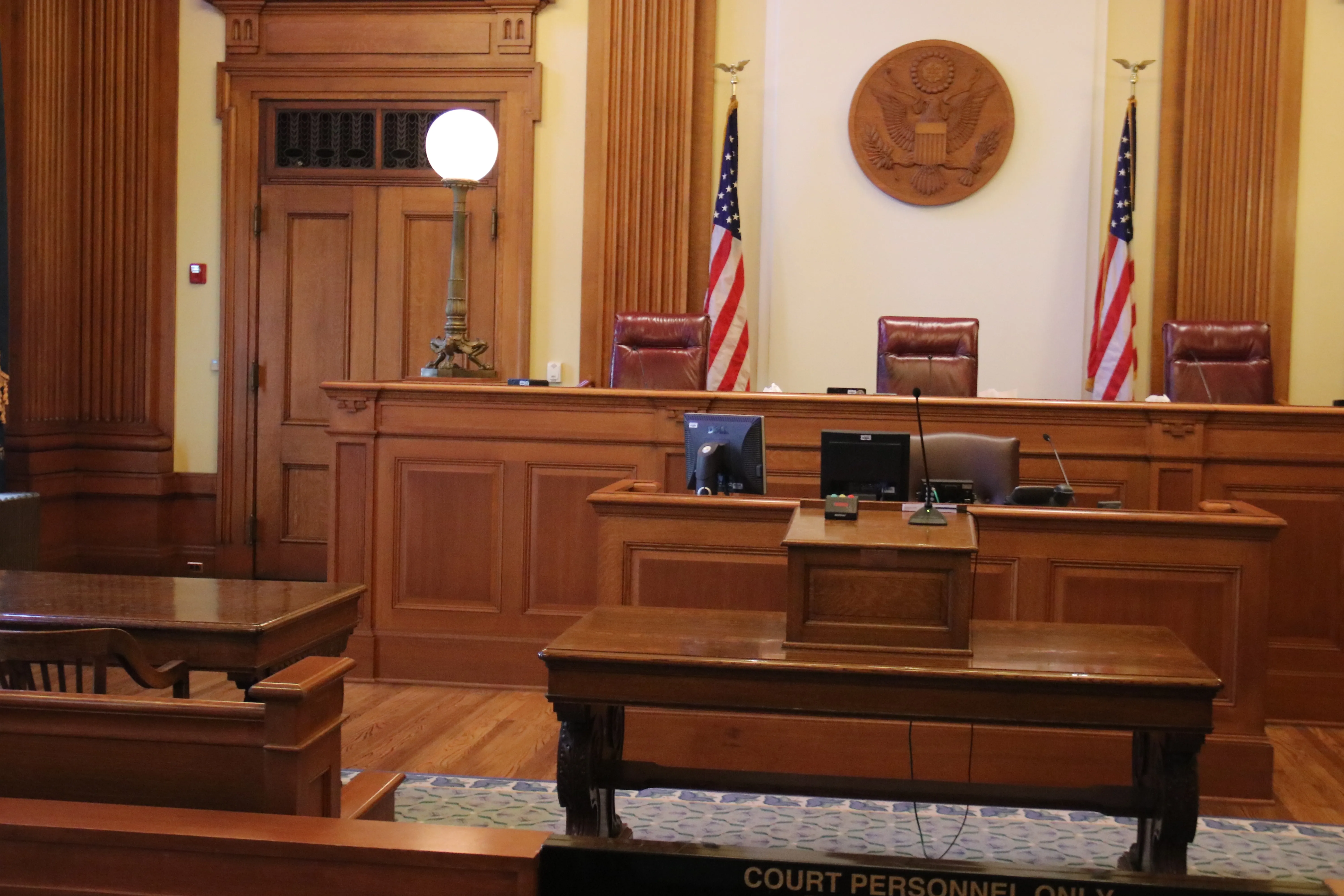
Supreme Court to hear arguments Wednesday in North Carolina redistricting case
(The Center Square) — The U.S. Supreme Court is set to hear oral arguments in a North Carolina redistricting case on Wednesday that could have broad implications for both the state and the nation.
Justices will hear Moore v. Harper on Wednesday to determine whether state courts can override lawmakers in the redistricting process.
North Carolina Republicans argue in a brief "the text of the Elections Clause provides the answer: it assigns state legislatures the federal function of regulating congressional elections."
Justices on the Democrat-controlled state Supreme Court cited state constitutional provisions for blocking congressional districts created by the General Assembly last year to impose a different map devised by a court-appointed "special master."
But Republicans argue that because the Constitution's Election Clause "is supreme over state law, the States may not limit the legislature's discretion."
The outcome of the case will impact redistricting efforts in states across the country, and in the process could shift the balance of political power. But critics contend the case could also reverberate into other decisions, as well.
A brief submitted by the League of Women Voters argues a ruling in support of North Carolina Republicans' independent state legislature theory "would not be confined to redistricting plans, applicable to only particular offices or legislative bodies."
"Adopting the petitioners' theory would open the door to the retroactive abrogation of all state court rulings that have invoked state constitutional grounds to strike down state statutes – but only as to federal elections," the brief read.
In North Carolina, the 2022 congressional map adopted by the state Supreme Court resulted in a congressional delegation split 7-7 between Republicans and Democrats in the November election. Critics of the 2022 map approved by the General Assembly contend it would have produced 10 Republican seats in Congress. Republicans in the General Assembly plan to redraw the map in 2023, and the case will weigh on that process.
Republicans argue state courts have no role in policing federal elections.
"The Framers (of the U.S. Constitution) could have assigned the power over federal elections in the first instance to states, without specifying which entity of state government would have primary responsibility," the brief argues. "But recognizing that prescribing the times, places, and manner of federal elections is fundamentally a legislative role, the Framers specified that this delegated power would be exercised by 'the Legislature thereof.'"
The November election shifted control of the North Carolina Supreme Court from a 4-3 Democrat majority to a 5-2 Republican majority, suggesting that regardless of the outcome of Moore v. Harper, the state's high court may be more likely to uphold a map from the Republican-controlled General Assembly.
The case will have an impact on the General Assembly's ability to impose rules for free and fair federal elections, such as voter identification laws opposed by Democrats, mail voting and voter registration rules, among others.
Common Cause North Carolina contends a positive outcome for Republicans would "overturn our historic victory against gerrymandering from earlier this year and unleash voter suppression against the people of North Carolina."
"It would make it harder to turn public demands into public policy that reflects the needs and values of our communities," according to an announcement urging followers to "stop the North Carolina's most brazen power grab yet."

















